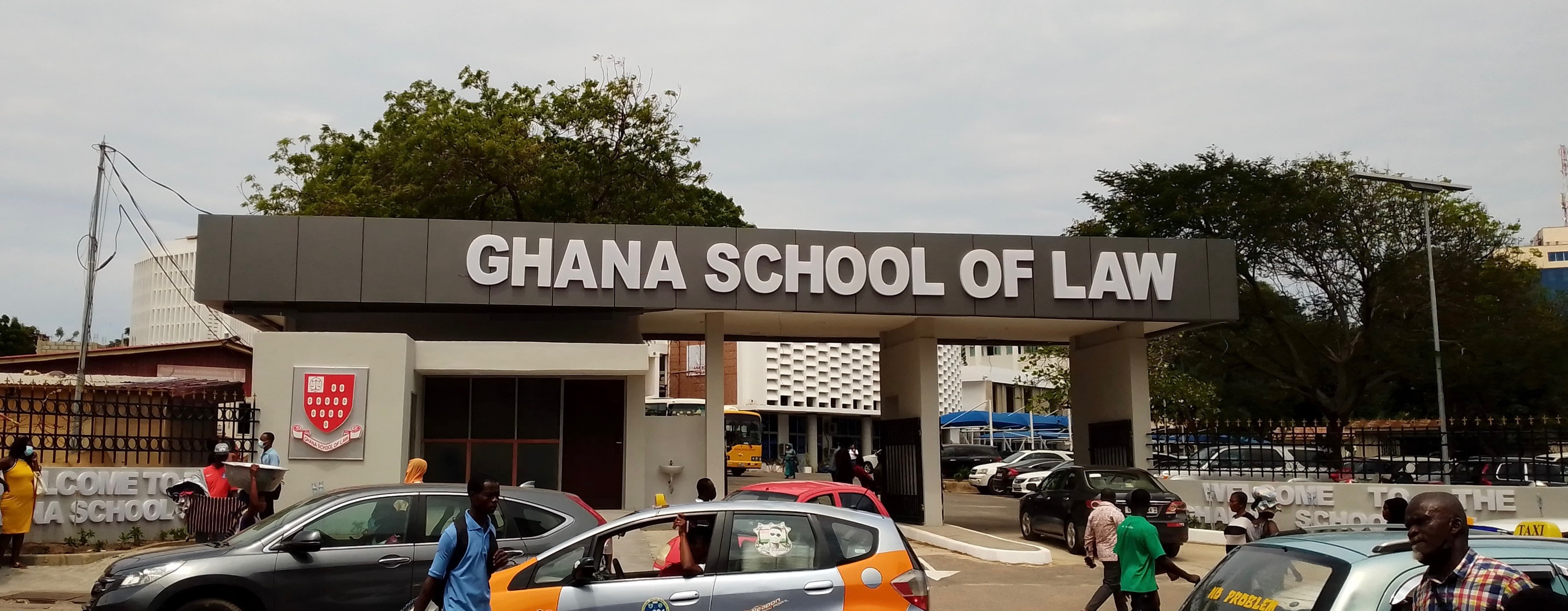In a public address on Monday, 29 July, Ghana’s Attorney General and Minister for Justice, Mr. Dominic Ayine, announced plans to expand access to legal education through sweeping reforms aimed at helping thousands of LLB holders who are unable to enter the Ghana School of Law (GSL) and qualify as lawyers.
Ghana’s current legal education system requires all Bachelor of Laws (LLB) holders across law faculties to take an independent entrance examination conducted by the General Legal Council for admissions into the Ghana School of law. Following the entrance exam, all students must undergo a two-year training period during law school, then must pass a bar examination before they can practice law.
The reform aims to improve the training of lawyers while reducing the number of years required to earn a law degree. Under the proposed model, aspiring lawyers would complete three years of legal education at a faculty of law, followed by a one-year bar practice course—or clinical legal program—offered by the same university where they earned their degree. Finally, all graduates would be required to sit for and pass a national bar examination before being admitted to the Ghana Bar Association.
The proposed bill is expected to go before Cabinet next month and would eliminate the existing GSL system.
In an exclusive interview with JURIST, Salamatu Haruna, a Barrister‑at‑Law (BL) candidate at the Ghana School of Law, and Bismark Gyabaah, a recent LLB graduate and aspirant to the Ghana School of Law, shared their views on the proposed reform. Salamat Haruna said of the draft bill:
I’ve always thought of this kind of system as a better legal education system for two reasons. For one, it takes away the monopoly of the Ghana School of Law and makes the law faculties responsible for the entire training of lawyers. The competition between these faculties will have an effect on the quality of legal education provided, and even the cost at which this is provided because all these schools want to be able to attract students. Secondly, this system has the potential of solidifying legal practice in areas that hitherto had very few practitioners. The faculties of law are available in various regions across the country unlike the law school which is only in Greater Accra and Ashanti. If a student spends 6 years in one region, they get exposed to the Courts of that region and practice in that region, there is a possibility of them being comfortable about starting and maintaining their practice in that region, thereby contributing to expanding legal practice to these areas.
According to Bismark Gyabaah, collaboration between the government and the General Legal Council (GLC) to expand facilities would both preserve and strengthen the current legal education system, essentially returning to the earlier model where LLB graduates gained automatic admission to the GSL without an entrance examination. Bismark also expressed concern that reducing the duration of legal training from six years to four years could limit the breadth of subjects that students would like to study.
Salamat shared a similar view, noting that while the scope of legal education could be maintained, it would require proper planning. She pointed out that the two-year program at the Ghana School of Law is effectively just 14 months, as each part runs from November to June. She concluded by advocating for at least five years of training, with the extra time allocated to internships and fieldwork, stating, “In four years at law faculty, I don’t think I have experienced law the way that I have now in barely 8 months at law school because of the internships we do here.”
Article 25(1)(c) of the 1992 constitution of Ghana stipulates that, “All persons shall have the right to equal educational opportunities and facilities and with a view to achieving the full realisation of that right…higher education shall be made equally accessible to all, on the basis of capacity, by every appropriate means.”
By aiming to break the monopoly of the Ghana School of Law, the proposed reform seeks to uphold the educational rights of aspiring lawyers in the country. This initiative also aims to prevent unfortunate incidents like the one in 2021, when, but for the intervention of the President, 449 LLB graduates were denied admission to the GSL.
I believe that most law students, including myself, wonder how the proposed reform will benefit us and strengthen our training—especially as we hope it will enhance legal practice and justice delivery in the country.


